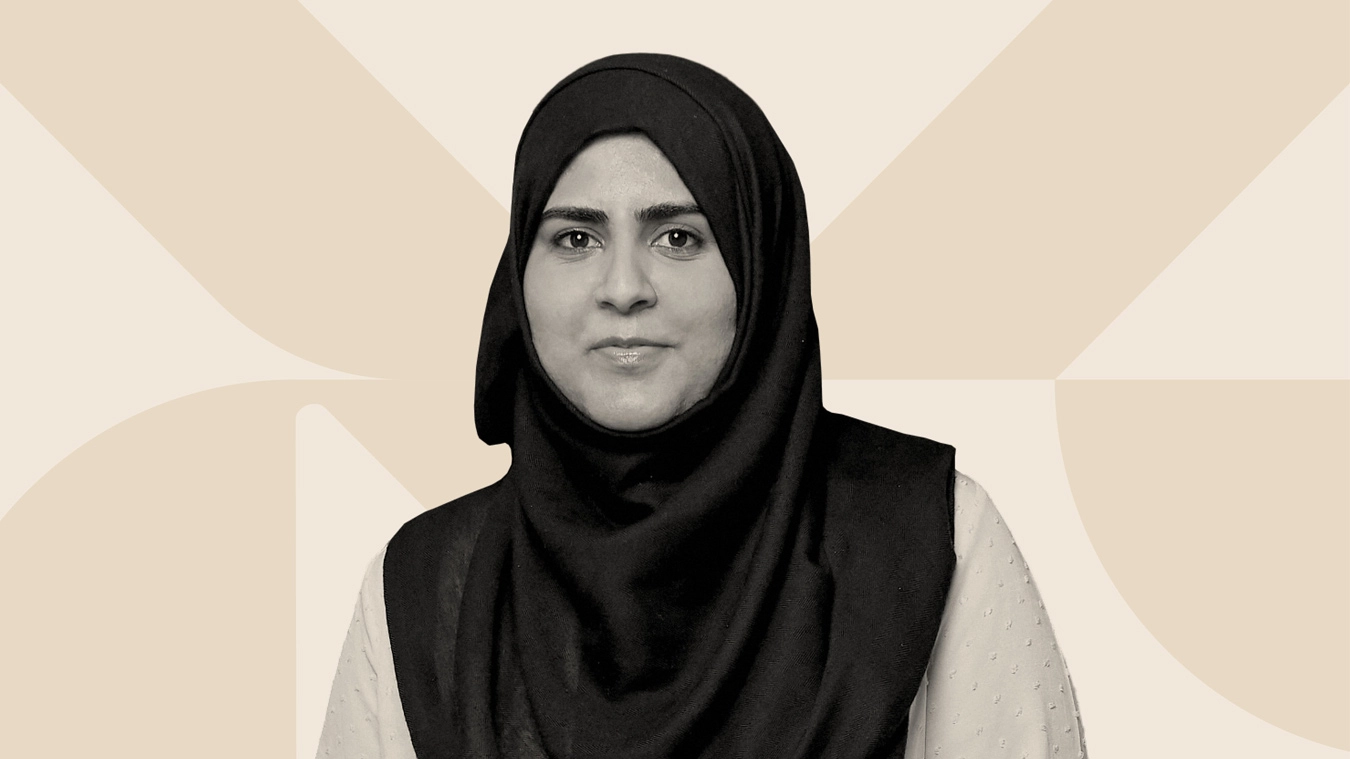Abeeha Shafiq, Data Science Analyst at Metyis, outlines her career evolution and the challenges she overcame to excel as a woman in STEM.
Meet Abeeha Shafiq, our Data Science Analyst in Munich
What academic path did you take to get here?
After finishing my A levels, I was still deciding whether I wanted to follow a career in architecture which I had dreamt about since I was young or explore a relatively emerging field in Pakistan. I was fortunate to be accepted into one of the top universities there. I opted to pursue a Computer Science degree, during which I developed a passion for Computer Vision. This led me to a master's in Informatics with an Artificial Intelligence and Robotics major.
What inspired you to pursue a career in data/tech?
My initial decision to choose computer science was not based on passion but rather on the career opportunities available in Pakistan. Luckily, during the first semester of the degree, I developed a deep interest in the field. Throughout my bachelor's, I had close interactions with professors working on exciting research areas within AI, computer vision and data science, which stimulated my mind further to pursue a career in data.
How have you invested in your professional development, and what resources have been most valuable?
During my master’s degree, I worked with some startups in the university incubation centre, which gave me an understanding of the cutting-edge technologies and methodologies that startups use to find and solve modern-day problems. After working full time, I realised there is less learning of new concepts and more practical application. To diversify my skill set, I undertake online courses and certifications that help me prepare for upcoming projects.
What resources and environment has Metyis provided that have proven invaluable as a female professional?
Metyis has incredible diversity in skill sets and international profiles; this gives me a perfect environment to learn from the people around me. The encouragement and openness to new ideas motivate a young professional like me.
How do you envision the future of data/tech, especially for women in the industry?
When I began my studies, I had to explain to everyone around me what I was studying and my career prospects. After nine years, I see much more awareness about the field and more women joining STEM. With time and experience, women are also climbing up the cooperate ladder. I see more women now in decision-making positions. In the future, I think there will be a more gender-balanced distribution of professionals, especially as we are already on our way to achieving this goal.
What value do you believe diversity and inclusiveness bring to data/tech?
Diversity enhances the quality of solutions. People with different backgrounds and life experiences have unique strengths, which makes the team a cut above the rest.
What challenges have you faced as a female professional in this field?
In some positions, I felt I had to prove myself more than my male counterparts. I have heard degrading generalisations about how women perform in the workplace.
What advice would you give to women looking into data/tech?
Don’t be scared to follow your passion.
